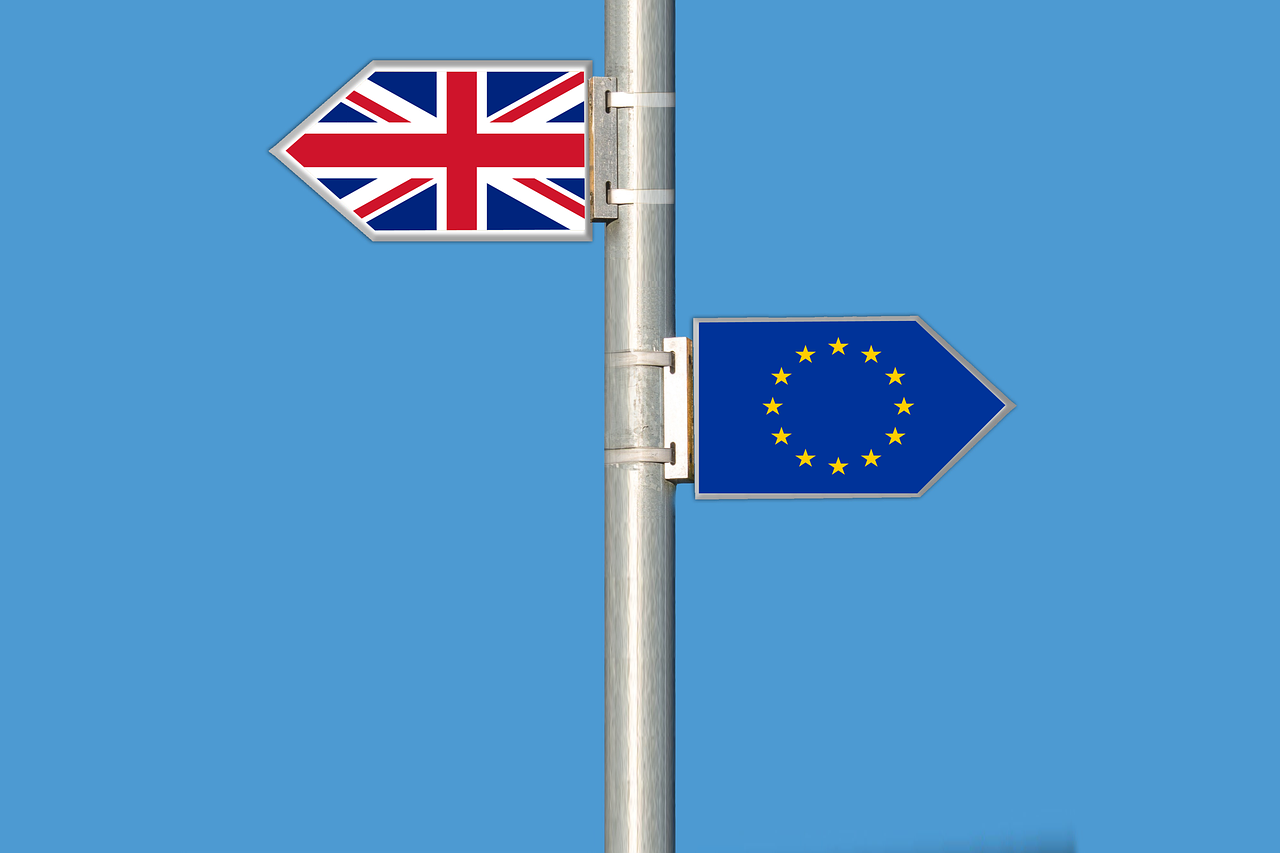by Martin Milán Csirszki
In a recent judgment, the United Kingdom Competition Appeal Tribunal („CAT”) ruled that the Volvo decision of the Court of Justice of the European Union („CJEU”) of 22 June 2022[1] did not apply to the ongoing case before the CAT.[2] Although the specialist judicial body could get started its analysis with the question whether any CJEU judgment made after the completion of the implementation period („IP completion”)[3] should be followed by it at all, rather – first – it delved into a substantial assessment of the Volvo decision to reject the claimants’ contention that the decision is applicable to their case.[4]
The substantial analysis on the Volvo decision revolved around the two requirements laid down by the Damages Directive in connection with limitation periods. Under Article 10(2), limitation periods shall not begin to run before the infringement of competition law has ceased (it is called the „cessation requirement” by the CAT) and the claimant knows, or can reasonably be expected to know of the behaviour and the fact that it constitutes an infringement of competition law; of the fact that the infringement of competition law caused harm to it; and the identity of the infringer (it is called the „knowledge requirement” by the CAT). Simply and briefly put, the main line of argument of the CAT is that the Volvo decision does not say anything about the cessation requirement (in contrast with what the claimants contend), it only deals with the knowledge requirement; it was about whether the claimant against Volvo could get to know the necessary information to bring an action based on the earlier press release of the Commission’s decision or the later summary thereof). As a consequence of this, according to the CAT, „national limitation law is not required by EU law to comply with any such principle [the cessation requirement] whether before or after IP completion day, save as contained in the Damages Directive, whether as a result of the Volvo Decision or any other case-law of the EU, and whether preceding or succeeding the Volvo Decision.”[5]
Basically, in light of the above, and by interpreting EU law, the CAT is of the opinion that the principle of effectiveness does not require national competition laws to include in themselves the cessation requirement, only the knowledge requirement.[6]
What is important concerning the case law is that the CAT is not bound by any EU competition case law delivered on or after IP completion day by the European Court, however, it may have regard to it, so far as it is relevant to any matter before the CAT.[7] I seem it likely that – because of the high level of harmonisation between EU competition law and Member States’ competition law – the CAT will take into account the antitrust developments at EU level, as it also emphasised in this judgment that in case the Volvo decision would have been relevant, it had had regard to it.[8]
Nevertheless, judgments of the EU courts made before IP completion day are still retained in the UK and still bind UK courts, excluding the Supreme Court that can depart from retained EU case law with applying the same test like when deciding whether to depart from its own case law.[9]
However, this system is about to change with the adoption of the Retained EU Law (Revocation and Reform) Act 2023 aiming to accelerate the process of achieving UK law free of unnecessary EU law. Competition law is unlikely to change significantly.
One thing is certain: after IP completion day, the CJEU is not in the position to decide whether UK competition law is operationalised in line with the principle of effective enforcement.
[1] Judgment of the Court (First Chamber) of 22 June 2022 in Case C-267/20: AB Volvo and DAF Trucks NV v RM, ECLI:EU:C:2022:494.
[2] The United Kingdom Competition Appeal Tribunal, Judgment (Volvo Limitation), [2023] CAT 49.
[3] It is 11:00pm on 31 December 2020.
[4] Judgment (Volvo Limitation), 20: „We appreciate that, logically, we ought to decide first the extent to which decisions of the CJEU post-dating the United Kingdom’s withdrawal from the EU have any effect (no matter what they say) on the law of the United Kingdom. However, we consider that the better approach, both in terms of exposition and because we are unanimous on the point, is to deal with this question after we have ruled on the ratio of the Volvo Decision. That is also, in broad terms, the order in which the parties addressed us.”
[5] Judgment (Volvo Limitation), 33.
[6] Judgment (Volvo Limitation), 28.
[7] European Union (Withdrawal) Act 2018, Section 6(1)-(2).
[8] Judgment (Volvo Limitation), 73.
[9] European Union (Withdrawal) Act 2018, Section 6(4).

